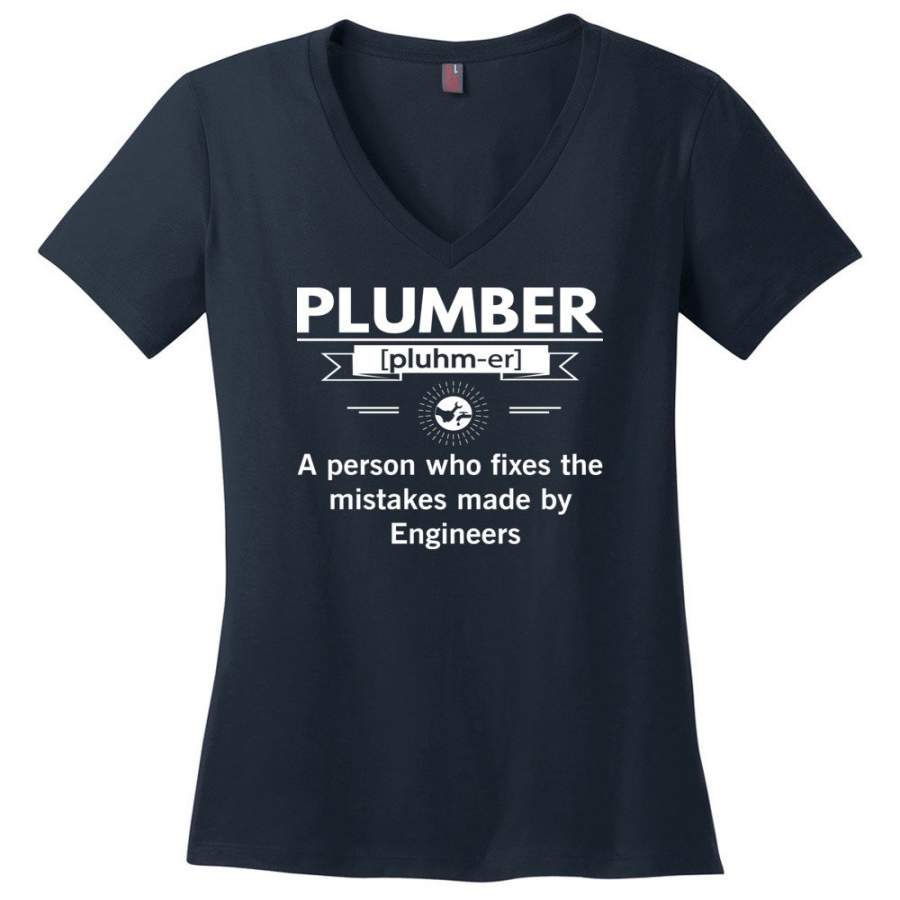

Plumbers in the United Kingdom are required to pass Level 2 and Level 3 vocational requirements of the City and Guilds of London Institute. The terms NVQ and SVQ ( Scottish Vocational Qualification) are still widely used. National Vocational Qualifications ( NVQ) remained the main form of plumbing qualification until they were superseded in 2008 by the Qualification and Credit Framework (QCF) and then again, in 2015, into the National qualifications frameworks in the United Kingdom. The Red Seal, when affixed to a provincial or territorial trade certificate, indicates that a tradesperson has demonstrated the knowledge required for the national standard in that trade. The Red Seal Program, formally known as the Interprovincial Standards Red Seal Program, is a program that sets common standards to assess the skills of tradespeople across Canada. In Canada, licensing requirements differ by province however, the provinces have pooled resources to develop an Interprovincial Program Guide that developed and now maintains apprenticeship training standards across all provinces. There is no federal law establishing licenses for plumbers. To become licensed, plumbers must meet standards for training and experience, and in most cases, pass a certification exam.
#Define plumber license#
Some states license journeymen and master plumbers separately, while others license only master plumbers. Ensuring that all safety standards and building regulations are met.Įach state and locality may have its own licensing and taxing schemes for plumbers.Paying attention, in all work undertaken, to legal regulations and safety issues.Testing pipes for leaks using air or water pressure gauges.Joining pipes and fittings together using soldering techniques, compression fittings, threaded fittings, solvent weld, crimp and push-fit fittings.Measuring, cutting, bending, and threading pipes using hand and power tools or machines.Locating and marking positions for pipe connections, passage holes, and fixtures in walls and floors.Installing, repairing and maintaining domestic, commercial, and industrial plumbing fixtures and systems.Detecting faults in plumbing appliances and systems, and correctly diagnosing their causes.Reading drawings and specifications, to determine the layout of water supply, waste, and venting systems.Years of training and/or experience are needed to become a skilled plumber some jurisdictions also require that plumbers be licensed.Ĭommon plumbing tasks and skills include: Thus a person with expertise in working with lead was first known as a Plumbarius which was later shortened to plumber. In medieval times, anyone who worked with lead was referred to as a plumber this can be seen from an extract about workmen fixing a roof in Westminster Palace they were referred to as plumbers: "To Gilbert de Westminster, plumber, working about the roof of the pantry of the little hall, covering it with lead, and about various defects in the roof of the little hall". Roman roofs used lead in conduits and drain pipes and some were also covered with lead lead was also used for piping and for making baths. The origin of the word "plumber" dates from the Roman Empire.


 0 kommentar(er)
0 kommentar(er)
